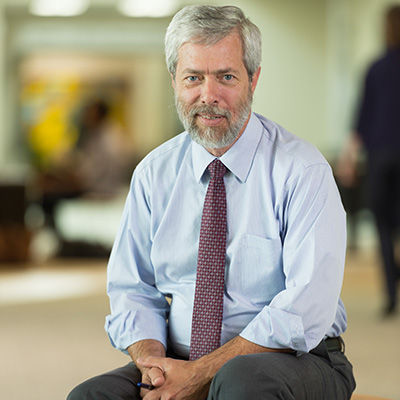Thinking Theological About Career, Work and Vocation
The word “theology” has many connotations. Some do theology – theologians – as occupation or profession and typically they each within the religion or theology department of a university or seminary. Their focus, as a rule, is to explore the meaning of the Christian faith and the biblical witness to God’s revelation. But another, essential way to think about theology is to consider that this word speaks to the study and knowledge of God and the ways of God and that consequently all of life, for the Christian, is shaped by and informed by a theological vision for life, work and relationships. We learn to think theologically about literally everything – everything from life to work to relationships to how we buy and sell and how we approach questions of entertainment and recreation. We view everything through this lens.
In particular, a Christian who takes seriously what it means to have a Christian mind will ask theological questions about their work. If they are in business, they will be probing the theological foundations for doing business . . . and if they are in law or medicine, they will do the same: they will learn to think theologically about their specific calling or vocation. They may not have a theology degree from a university or seminary, but they will learn to think theologically, asking, what does the God story mean when it comes to my work, whether that be in education, the fine arts of music and theatre as well as business, the production of goods and services. They will have a theological approach to good government if they are in politics or civic leadership. If they are urban planners, they will ask about a theological approach to the city – that is, they will ask about the meaning of the city.
A theological perspective is not exclusive – that is, this is not the only source of insight or wisdom. When we talk about education, for example, we will learn from many fields, including psychology and sociology and the history and practice of good teaching. If we are in business, we will be students of economics and finance. Yet, when all is said and done, we will always view all of this through a theological lens. In this sense, then, we are all theologians: we are asking about the meaning of life, work and relationships, eager to make sense of our lives in light of the character of the Triune God and the God story, that is, the sequence of Creation, Fall and Redemption. Everything will be viewed through this perspective
This means that you are reading the thought leaders within your field – exploring what it means to think theologically about your work: whether in banking and finance, or in medicine and nursing, or in business and the world of commerce. Look for the best insights into the meaning of your work. Artists find valued sources to help them think about the meaning of their work as painters, actors and musicians. And then of course, this is why effective pastors need to be judged in part by the quality of their libraries. When I visit a pastor in their office and they step out to get us both a cup of coffee, I take the opportunity to glance over their libraries and see who they are reading – who shapes their vision for life, work and ministry and informs their preaching and approaches to pastoral care and missional engagement. Are they reading both critical exegetical studies as well as guides to the meaning of secularity and the challenge of race relations? Are they reading fiction and poetry and everything from environmental studies to the history of baseball to a biography of Beethoven? They may not be scholars; that is not their calling. But are they leaning into and depending on the work of scholars? And I mention pastors in particular in that inevitably they set an example for all of us: is their ministry to us thoughtful and do they challenge members of their congregations to read widely and deeply and approach life and work in a way that is theologically informed?
But the point is that this is the case for all of us: cultivating a Christian mind means that we learn to think theologically about life, work and relationships.

